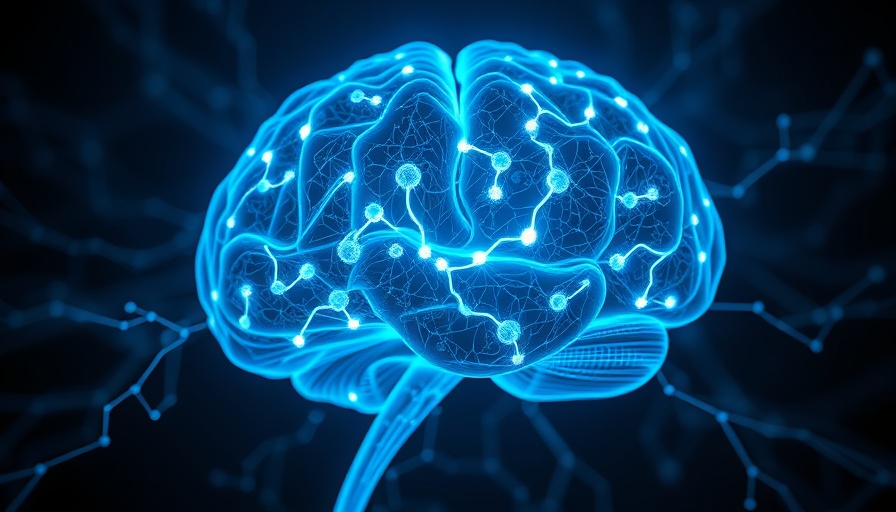
The Broader Impacts of Alzheimer's Disease: More Than Just the Brain
For years, Alzheimer's disease has been primarily recognized as a neurodegenerative disorder affecting cognition and memory. However, recent research out of Baylor College of Medicine is challenging this perception by revealing that Alzheimer's can potentially impact the entire body, not just brain function.
Revolutionary Findings from the Alzheimer's Disease Fly Cell Atlas
In a groundbreaking study, researchers utilized fruit flies to create the Alzheimer's Disease Fly Cell Atlas. This atlas profiles gene expression in 219 different cell types, both in the heads and bodies of modified fruit flies. By focusing on adult flies, the study bypasses developmental changes and allows for a more direct observation of how the disease impacts adult physiology.
Dr. Hongjie Li, a leading researcher in the study, stated, "By expressing Aβ42 and Tau only in neurons, we were able to evaluate the effects on not just the brain, but on various organs throughout the body." The results were striking; the presence of these dementia-related proteins affected both the nervous system and peripheral tissues.
Identifying Vulnerabilities in Sensory Neurons
One of the notable findings of the study is the vulnerability of certain sensory neurons involved in smell, sight, and hearing. Ye-Jin Park, a graduate student and co-first author, highlighted the importance of these findings, revealing that specific olfactory neurons show signs of stress and dysfunction when Aβ42 is expressed in the nervous system. This discovery serves as a reminder that alterations in sensory perception can be early warning signs of Alzheimer's disease.
The Effects of Tau: Metabolic Changes and Aging Acceleration
The study also unveiled significant changes correlated with Tau expression. According to co-first author Dr. Tzu-Chiao Lu, alterations in fat metabolism and digestion were among the results observed, which in turn affected the overall health and fecundity of the flies. These changes are reminiscent of age-related alterations, suggesting that Tau protein expression may play a role in accelerating the biological aging process.
Implications for Future Research on Alzheimer's Disease
The implications of these findings extend far beyond basic understanding. They could lead to the identification of novel biomarkers to improve early diagnosis of Alzheimer’s, facilitating timely intervention. Additionally, these insights might help to pinpoint therapeutic targets for treatment, allowing for more effective strategies to alleviate the burden of the disease.
Addressing Misconceptions About Alzheimer’s Disease
Traditionally, Alzheimer's has been seen predominantly as a brain disorder, but this study highlights how misconceptions can limit our understanding and treatment approaches. By acknowledging the systemic impact of Alzheimer's, caregivers and healthcare providers can be better prepared to address symptoms that may arise outside of cognitive decline.
Actionable Insights for Caregivers and Families
For caregivers and loved ones, this research provides practical guidelines for observing early symptoms that may not be purely cognitive. Licensed professionals suggest staying attuned to changes in sensory perceptions, dietary habits, and metabolism in the elderly, which may signal the onset of neurological changes.
By approaching Alzheimer's as a multifaceted disease, the care strategies employed can be holistic and inclusive of all bodily functions.
As advancements in understanding diseases continue to evolve, so too must our approaches to treatment and care. Recognizing Alzheimer's as a bodywide issue may help revolutionize the methods used by those caring for individuals struggling with this challenging condition.
 Add Row
Add Row  Add
Add 




Write A Comment